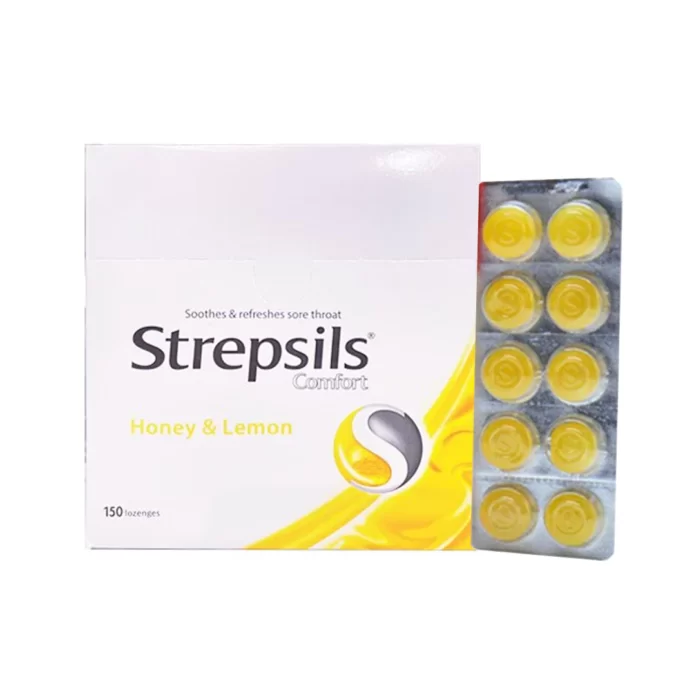ISLAMABAD— The Competition Appellate Tribunal (CAT) has dismissed the appeal filed by Reckitt Benckiser in the Strepsils case, citing non-prosecution. The company’s legal counsel had requested an adjournment on account of being abroad, but the Tribunal rejected the request, noting that a similar reason was provided during the previous hearing. The absence led to the dismissal of the appeal.
Earlier, the Tribunal had imposed a Rs50,000 fine on the company’s counsel for failing to appear. The original case involved a Rs150 million penalty imposed by the Competition Commission of Pakistan (CCP) in 2021 for misleading advertising. CCP had found that the company misrepresented Strepsils lozenges as a medicated cure for sore throat, violating competition law provisions on deceptive marketing.
The Tribunal also heard several other significant cases. Eight poultry hatcheries, recently fined a cumulative Rs155 million by the CCP for collusive practices in the sale of day-old chicks, have filed individual appeals. The Tribunal admitted the appeals for regular hearing and scheduled the next session for September 10, 2025.
In another case, Fatima Fertilizer Limited filed two appeals challenging CCP’s findings on price coordination within the fertilizer industry. The Tribunal admitted both appeals and suspended the CCP’s order. The next hearing is also scheduled for September 10. The original order included fines totaling Rs375 million against six companies, including Fatima Fertilizer, and their trade body, the Fertilizer Manufacturers of Pakistan Advisory Council (FMPAC).
Separately, the Tribunal has reserved its judgment in the appeal filed by Unilever Pakistan and Friesland Campina Engro regarding the use of the term “ice cream” on packaging for frozen desserts. The companies were fined Rs75 million each by the CCP in December 2024 for misleading advertisements. The appeal challenges the requirement to clearly distinguish frozen desserts from dairy-based ice cream on packaging and marketing materials. The outcome of this case is expected to set a precedent for product labeling and consumer transparency in the food and beverage sector.




